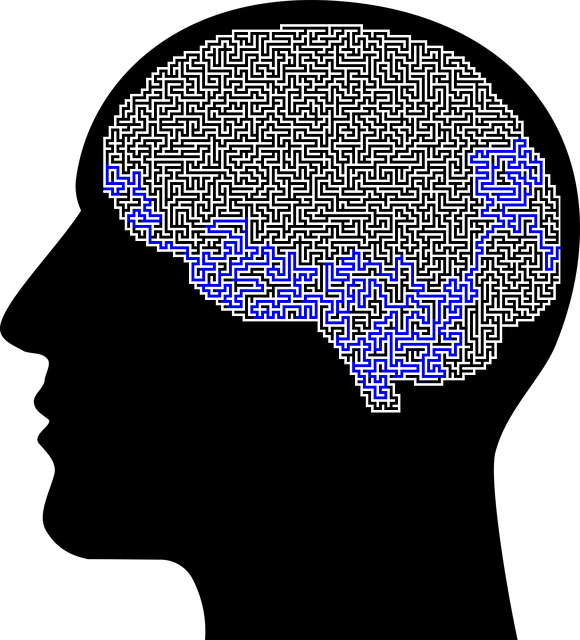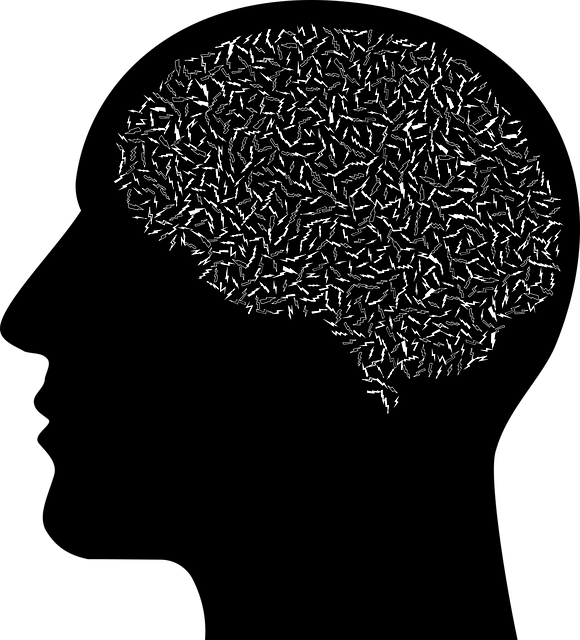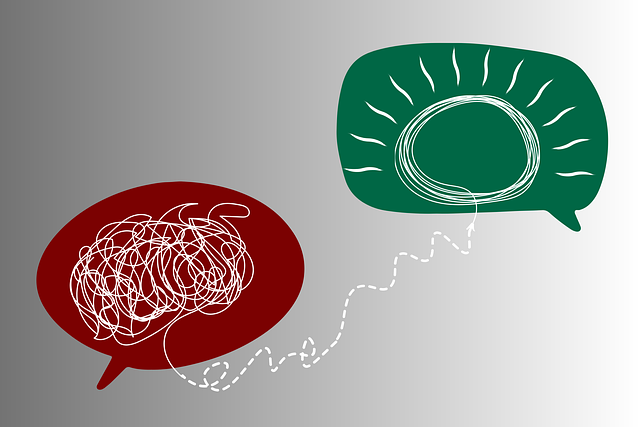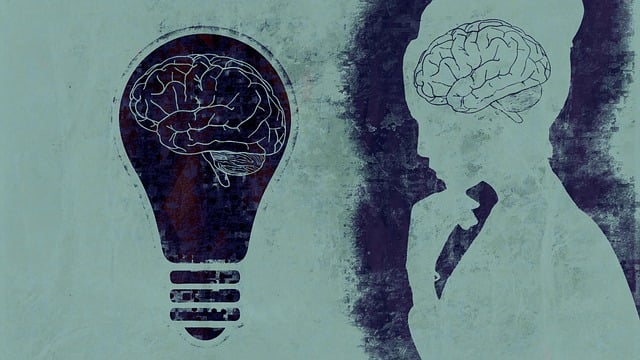Mental wellness self-assessment tools using biofeedback therapy help individuals and professionals monitor and improve mental health, offering insights into emotional well-being, tracking changes over time, and guiding personalized strategies for depression prevention and emotional healing. These tools simplify risk management planning for professionals, enhance communication with clients, and improve treatment outcomes. Therapy for Biofeedback, by understanding physiological responses like heart rate and muscle tension, empowers individuals to take charge of their mental wellness. It also improves social skills training through interpretation of non-verbal cues, leading to better communication, empathy, and emotional regulation. Effective self-assessment tools integrated with biofeedback are crucial for early intervention in depression prevention and enhancing therapy effectiveness.
Mental wellness self-assessment tools are crucial in promoting individual understanding and management of their mental health. This article explores the development of such tools, focusing on the integration of biofeedback—a therapy for improving cognitive performance and emotional well-being. By understanding mental wellness self-assessment tools, we can enhance our ability to detect early signs of distress and implement timely interventions. In light of this, developing effective assessment tools tailored for biofeedback therapy becomes essential in fostering holistic mental health.
- Understanding Mental Wellness Self-Assessment Tools
- Integrating Biofeedback in Self-Assessment: Therapy Benefits
- Developing Effective Mental Wellness Self-Assessment Tools for Biofeedback
Understanding Mental Wellness Self-Assessment Tools

Mental wellness self-assessment tools are designed to help individuals gain insights into their mental health and emotional well-being. These tools offer a non-intrusive way for people to assess their current state, identify potential issues, and track changes over time. By integrating practices like biofeedback and therapy techniques, these assessments provide valuable data that can guide personalized strategies for depression prevention and emotional healing processes.
For mental health professionals, risk management planning becomes easier with access to comprehensive self-assessment tools. These platforms enable practitioners to collaboratively work with clients, facilitating open communication and fostering effective treatment outcomes. By incorporating such tools into their practices, professionals can enhance their ability to manage symptoms, predict potential crises, and ultimately support better overall mental wellness.
Integrating Biofeedback in Self-Assessment: Therapy Benefits

Biofeedback is a powerful tool that integrates therapeutic techniques with self-assessment, offering individuals greater awareness and control over their mental wellness. This therapy for biofeedback involves learning to recognize and modify physiological responses, such as heart rate and muscle tension, which can have significant impacts on emotional well-being. By incorporating biofeedback into self-assessment routines, individuals gain valuable insights into their stress management skills and overall mental health status.
The benefits extend beyond self-care practices; biofeedback sessions can enhance social skills training by teaching individuals to interpret non-verbal cues and respond appropriately in various social settings. This heightened awareness fosters better communication, empathy, and emotional regulation, contributing to improved relationships and a more supportive social network. As a result, integrating biofeedback into mental wellness assessments paves the way for holistic therapy that addresses both physiological and psychological aspects of well-being.
Developing Effective Mental Wellness Self-Assessment Tools for Biofeedback

Developing effective mental wellness self-assessment tools is paramount, especially when integrated with biofeedback therapy for biofeedback. These tools play a pivotal role in identifying subtle shifts in mental health and facilitating early intervention—crucial elements in depression prevention strategies. By empowering individuals to monitor their emotional states, stress levels, and overall mental wellness, these assessments enable proactive risk management planning for mental health professionals.
Well-designed self-assessment tools can provide valuable insights into an individual’s psychological landscape, helping them recognize patterns and triggers that contribute to mental health issues. This proactive approach not only enhances the effectiveness of therapy but also fosters a culture of self-care and resilience. In light of these benefits, it’s essential to create assessments that are user-friendly, evidence-based, and capable of capturing nuanced changes in mental wellness over time.
Mental wellness self-assessment tools, particularly those incorporating biofeedback, offer a promising avenue for individuals seeking therapy for biofeedback. By enabling users to gain insights into their mental health and stress levels, these tools empower them to take control of their well-being. As research continues to highlight the benefits of biofeedback therapy, the development of effective self-assessment tools becomes increasingly vital. Through combining advanced technology with user-friendly design, we can create accessible resources that facilitate early intervention and promote overall mental wellness.













